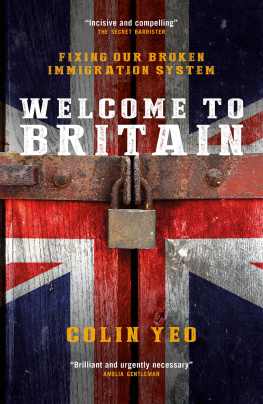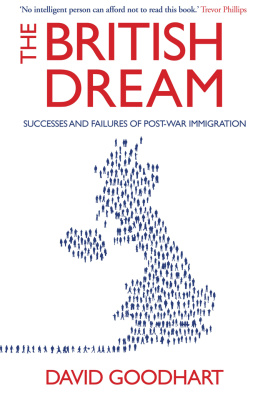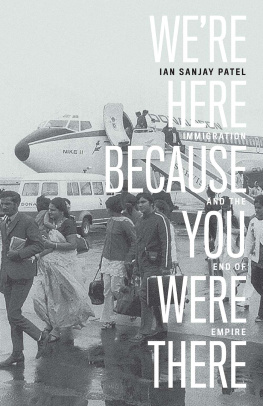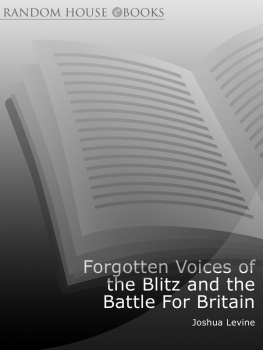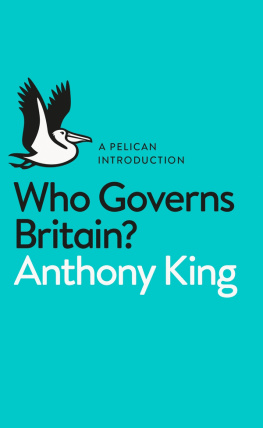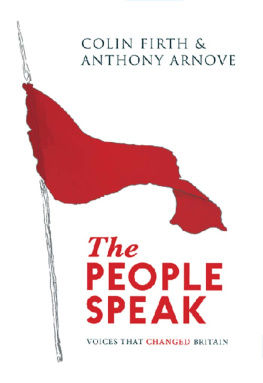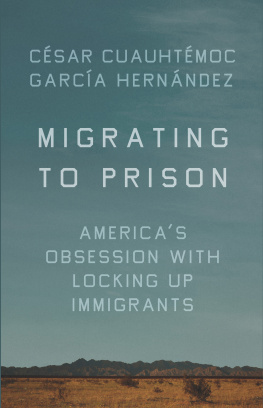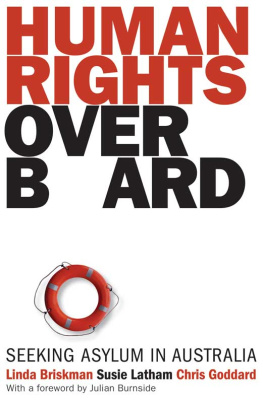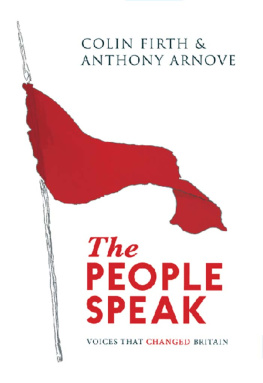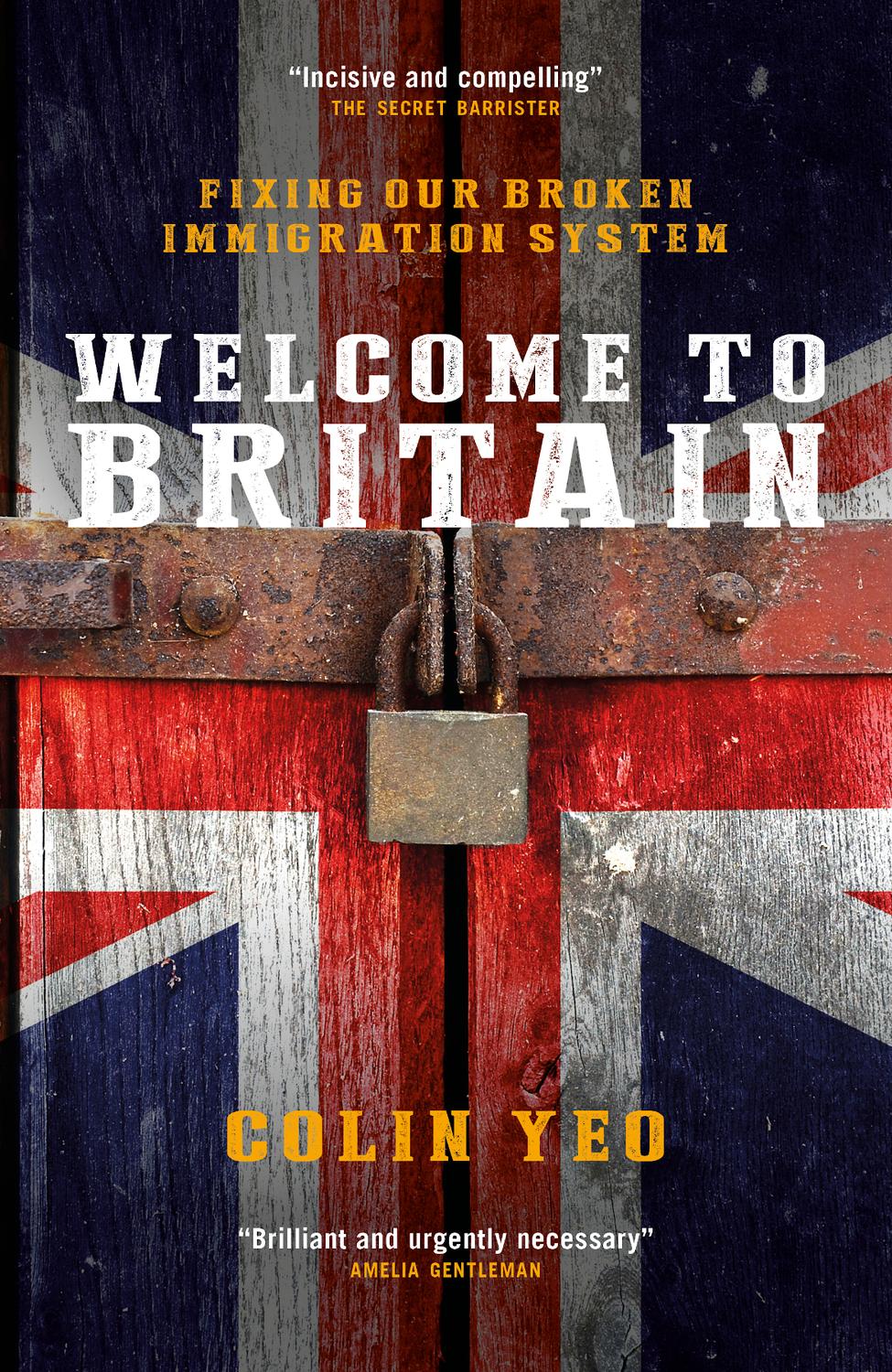F irst, a few quick words about language. I have endeavoured to make this book an accessible one to non-lawyers and non-specialists. To do so, I have at times played a little loose with my use of technical terms and legal language.
In this book I have referred to unauthorised migrants when describing non-citizens who do not have formal legal permission to remain in the country. Some prefer to use the label undocumented migrants but I feel this confuses lawfulness with proof of status; there are lots of lawful residents of the United Kingdom who do not possess documents to prove their status, as the Windrush scandal (see ) highlighted. This sorry episode concerned those who had arrived in the United Kingdom from Commonwealth countries in the 1950s, 60s and 70s but who, in recent years, were denied access to jobs, accommodation and services because of their lack of documents. The label irregular migrants is also sometimes used, particularly in academic literature, but the meaning of the word irregular is not sufficiently clear to my mind. Other labels include illegal immigrants or illegals, but there are two major problems with that terminology. Firstly, no person is inherently illegal; actions might be so but people themselves are not. Secondly, there are many migrants who do not currently possess lawful status but who are x eligible for it or who will become so in due course. To describe them as illegal implies their position is clear and irredeemable when it is not. The boundary between lawful and unlawful is notably porous in both directions in immigration law.
Having said I do not consider the word irregular sufficiently clear, I have struggled to find an alternative to the word regularisation. This is a term widely used by lawyers, campaigners and politicians to describe a process by which an unauthorised migrant becomes authorised. It might be through an amnesty, which is where status is granted to a significant number of migrants at the same time, or it might be through a more individualised legal process, whereby one single person eventually earns authorised status over time or because of family or other connections.
Some readers may be puzzled to encounter the word racialised for the first time. This term is common in academic writing, but I have rarely seen it used elsewhere. It denotes a group of people who have racial characteristics attributed to them and it is used because the whole concept of race is a colonial invention with no foundation in biology. Race is often used as an alternative to referring to skin colour, but it has a wider meaning because some groups with light skin colours have been racialised too the Irish in the nineteenth century, for example, or Jews throughout history.
Legal readers will need to forgive me; I have at times been a little carefree with some of the terminology of immigration law. Deportation is a formal legal process under the Immigration Act 1971, usually used against migrants who have committed criminal offences and preventing re-entry. I have sometimes used this word to describe a forced removal from the country that could be described by a different legal process. However, in my view the word deportation better reflects public understanding and is therefore more evocative of what xi removal from this country really involves. I have also been less than systematic in my use of the terms asylum seeker and refugee. In my defence, in legal terms a refugee is a refugee whether or not she has been formally recognised as such. Likewise, an asylum seeker might be a person who is seeking asylum but may not be recognised as such.
Elsewhere, I have tried to provide context to words with a specific legal meaning where I have first used them. I have undoubtedly included too much context for some and too much jargon for others; I apologise to both sets of readers. xii
O riginally from Nigeria, Modupe Odelola is a doctor. She is not just any doctor, though; having graduated with distinction from the University of Ibadan, she later qualified as a consultant surgeon and senior lecturer at the University of Lagos and Lagos University Teaching Hospital. Following that, she came to the United Kingdom for a two-month clinical attachment, with a view to registering with the General Medical Council and applying to remain as a postgraduate doctor. Everything went well and, duly, she made her application, paying 335 for the privilege of doing so. She met the rules, she was highly qualified (the United Kingdom needing doctors of her calibre) and she fully expected her application to succeed. Yet, for some reason, a decision on her application was delayed she had applied in January and by March had still not heard back from the Home Office.
Then, at the very end of March, with immediate effect, the Home Office changed the rules under which Dr Odelola had applied. She was no longer eligible and, a few days later, her application was refused under these new regulations. Understandably unhappy with this outcome, Odelola challenged the refusal on the basis that it was unfair: she had come to the UK and made an application in good faith under one set of rules, only for them to be changed while her xiv application was still pending. The British are supposed to pride themselves on their sense of fair play and this was a blatant moving of the goal posts. Dr Odelolas case went all the way to the House of Lords, which was at that time the highest court in the United Kingdom, and over three years after her initial visa refusal, their lordships held that she could have no legitimate expectation that the same rules under which she had applied would be those under which her application would be decided. She had no vested right, no contractual right, no public law right, they said, nor was there sufficient unfairness in her treatment when attempting to overturn the decision. The rules belonged to the Home Secretary and he could change them as and when he wished, even if that was after Dr Odelola had made and paid for an application. The best the judges could do was politely suggest, though not order, that Dr Odelola at least be refunded the fee she had paid. Her appeal was then dismissed.
But that was not the end of the story for Dr Odelola. She persevered and, fourteen years later, she now practises as a consultant surgeon, saving lives at a busy accident and emergency department in Essex. Which begs the question: what was the point of changing the rules and putting her through all that? Her experience typifies the treatment of migrants all across the United Kingdom. Having given up their homes and jobs to migrate, they have to play by multiple sets of complex rules in which they have no say. The rules can be, and indeed often are, changed at any time, with immediate effect and without any warning. Courts are available to those who can afford them, but we will see that the reality is the judiciary in the United Kingdom is often unable or unwilling to interfere with Home Office decisions. Most migrants who arrive to work, join family members or seek sanctuary are eventually allowed to remain, but, having arrived full of hope, by then many are exhausted, alienated and disillusioned, xv not to mention considerably poorer. Nevertheless, they are expected gratefully to integrate.
Not all migrants are as persistent or fortunate as Dr Odelola. We will see that since 2010 a panoply of policies intended to deter migrants from coming to the United Kingdom have been introduced in a vain attempt to meet the net migration target set by David Cameron. There is no evidence that these deterrent policies have succeeded in reducing or limiting the number of arrivals, nor in encouraging departures. What the policies have done from sky-high immigration application fees to effectively preventing migrant children attending university is permanently handicap the migrants who do seek new lives here. Socially, economically, financially, educationally and otherwise, migrants and their families are deliberately penalised for being migrants. This government-orchestrated discrimination not only disadvantages migrants and their children compared to their peers but also makes their integration into British society harder, not easier. Meanwhile, a large unauthorised migrant population, thought to number between 600,000 and 1.2 million, has developed over many years. This is due to sometimes intentional and sometimes accidental (but always predictable) policy choices by successive governments. I argue here that this is a social and democratic policy disaster, and that we need fundamental reform of our immigration system.

